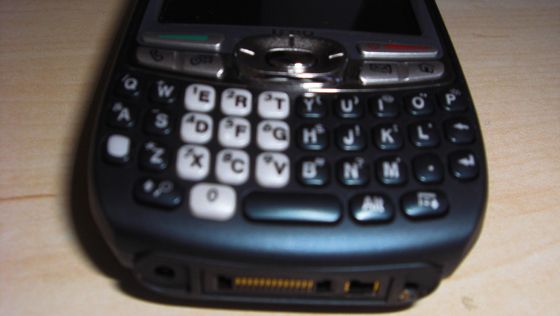
- Select a language for the TTS:
- UK English Female
- UK English Male
- US English Female
- US English Male
- Australian Female
- Australian Male
- Language selected: (auto detect) - EN
Play all audios:
Every Google account starts with 15 gigabytes (GB) of free storage shared across Google Drive, Gmail and Google Photos, but you can pay for more or choose to download and save your scans to
your phone’s memory. MICROSOFT LENS CATERS TO OFFICE LOVERS Microsoft’s Lens, available for both iPhone or Android, is free, easy to use and has reliable optical character recognition that
supports several languages. Its software can remove shadows and odd angles, so your images are easier to read. When you’re done, you can upload document and whiteboard images to Word,
OneDrive, OneNote or PowerPoint, and you can save them as PDFs or send them by email or text. To get going, open Lens and choose your mode: Business Card, Document, Photo or Whiteboard. That
way, the app can improve the kind of image you’ve photographed automatically: * BUSINESS CARD MODE pulls out relevant contact information and populates that person’s contact card in your
phone. * DOCUMENT MODE is ideal for making out small words on, say, a restaurant menu or flyer. * PHOTO MODE has many filters to enhance the image. * WHITEBOARD MODE is better for capturing
notes, maybe even sketches, and the app will adjust images so the background isn’t too bright and the words are easy to read. Like the built-in apps, Lens also supports cropping, rotating
and adding text. MORE THAN 2.5 BILLION DOCUMENTS CREATED, ADOBE SAYS Adobe Scan, also available free for iPhone and Android, has been downloaded more than 150 million times and been used to
create more than 2.5 billion documents, the company says. Like Lens, Adobe Scan can capture, save and organize your documents in JPG or PDF files, has optical character recognition and
offers the ability to sign documents. But Adobe, famous in design circles for its Photoshop app, touches up photos in Scan, too, ideal if you’re saving old, faded or ripped photos. To get
going, launch the app. AUTO SCAN will be on by default, so hold up the camera to analyze and capture the image or import a photo from your phone’s gallery. For more precise scanning, you
could manually select BUSINESS CARD, DOCUMENT, FORM or WHITEBOARD. When looking at a photo you’ve scanned, you can tweak its color, rotate it or select CLEANUP, which lets you drag your
finger over parts of the image to remove tears and improve lighting or color. Additional details are available on the official Adobe Scan help page. A free Adobe account is required to use
the app. Or sign in with an Apple ID, Facebook or Google. While Adobe Scan is free, features are limited in the _gratis_ area. After a seven-day trial, its optional Adobe Scan premium
subscription for $10 a month lets you combine multiple scans into one file; save scanned files into Microsoft Word, Excel and PowerPoint formats, along with JPG and PDF; and store more files
in Adobe’s Document Cloud with 20GB of storage, instead of 2GB. The premium price unlocks extra OCR features, such as a 100-page limit instead of 25 for the free version. The subscription
works across Acrobat Reader mobile and Acrobat web applications.





